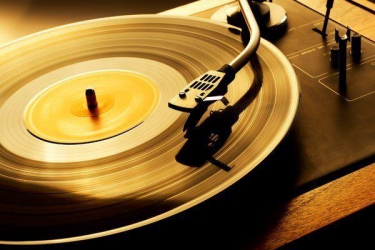×
The Standard e-Paper
Fearless, Trusted News

Sixty-year-old Michael Ongany remembers his vinyl player with nostalgia.
"It was your uncle who took it to Nairobi for repair in 1990," he says to his children, looking at the packed cartons with old vinyl records.